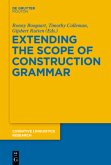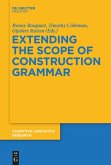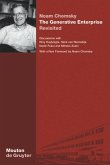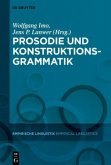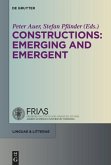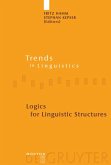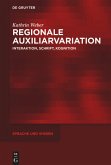Studies on ergativity have provided valuable insights into understanding Chinese, but as research deepens, scholars have discovered areas where ergative theory is difficult to apply to Chinese. This book focuses on Chinese ergative-like sentences, exploring their distinctions from typical ergative structures and evaluating whether they truly fit the ergative classification. The authors focus on the following questions: 1) Why and how has the Wangmian sentence, a simple six-character sentence in Chinese, roughly equivalent to "Wangmian's father died" in English, sparked long-lasting, intense discussions in Chinese linguistics since the 1950s? 2) Is there a derivational relationship between the Wangmian sentence and other similar sentence structures? 3) How is the concept of ergativity applied to Chinese langauge, esp. in the generation of the Wangmian sentence, and what is its effect? 4) Are "die", considered a Chinese ergative verb like "open" in English, and unergative verbslike "laugh" and "cry" truly distinct categories? 5) What valuable insights can we gain from examining the Wangmian sentence from a cognitive perspective? 6) How can we better understand the complexities between the diachronic evolution and synchronic analysis of the Wangmian sentence? Finally, the author compare the explanatory power of constructions and movements-two representative methods of synthetic and analytic approaches-discussing which better reveals the essence of Chinese grammar.
Bitte wählen Sie Ihr Anliegen aus.
Rechnungen
Retourenschein anfordern
Bestellstatus
Storno


